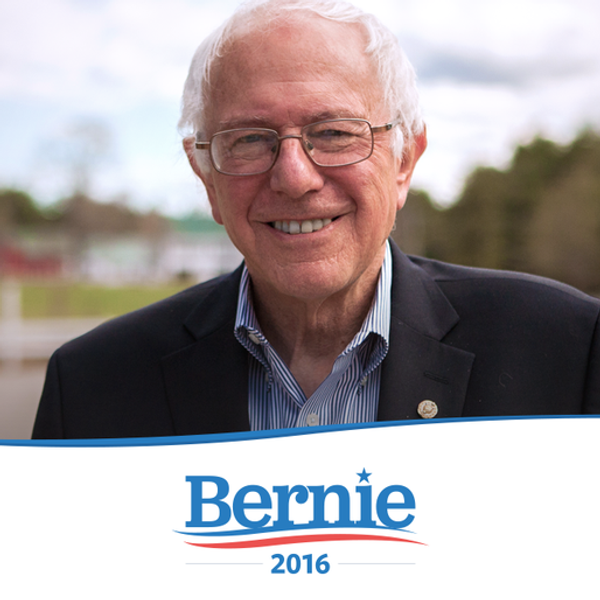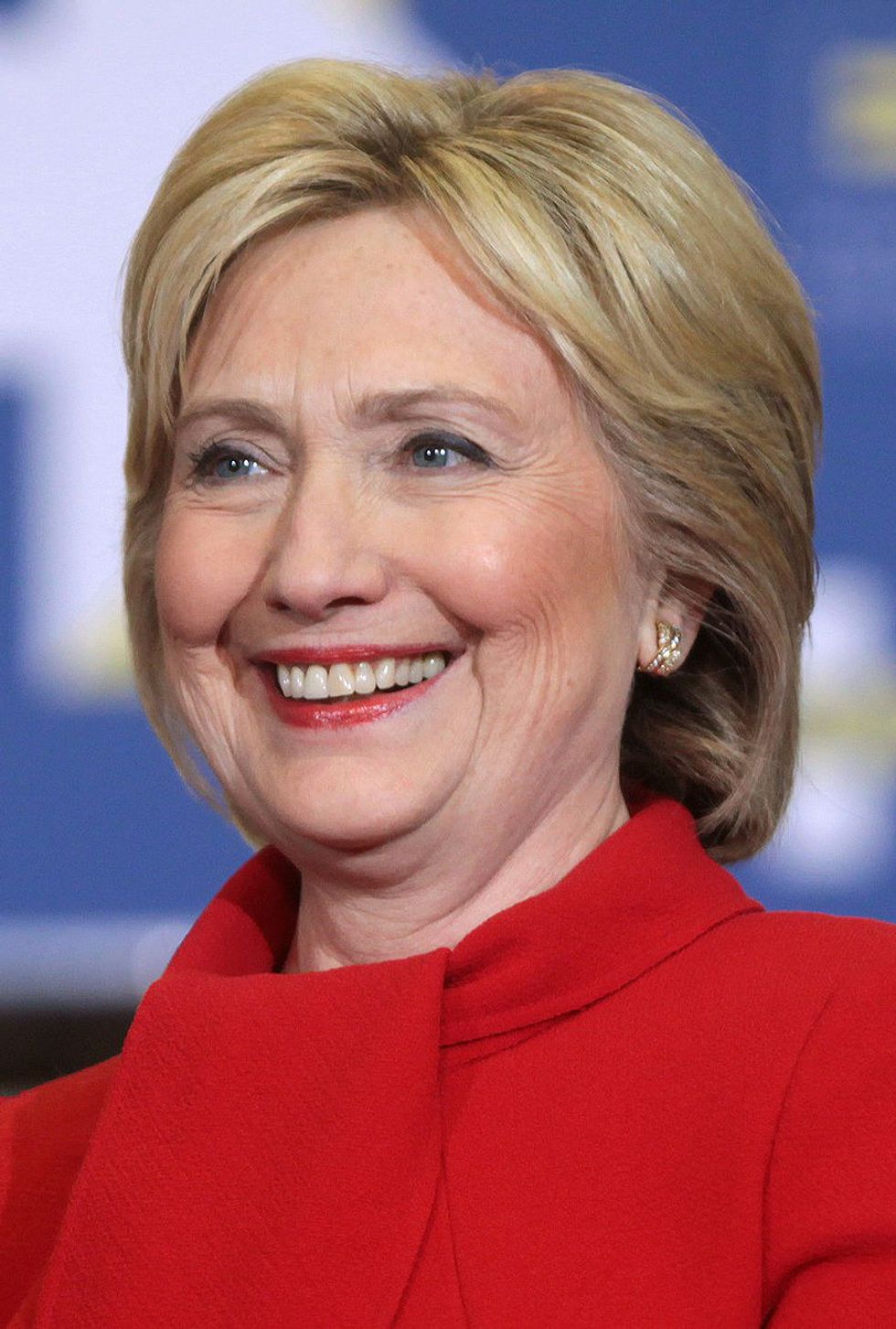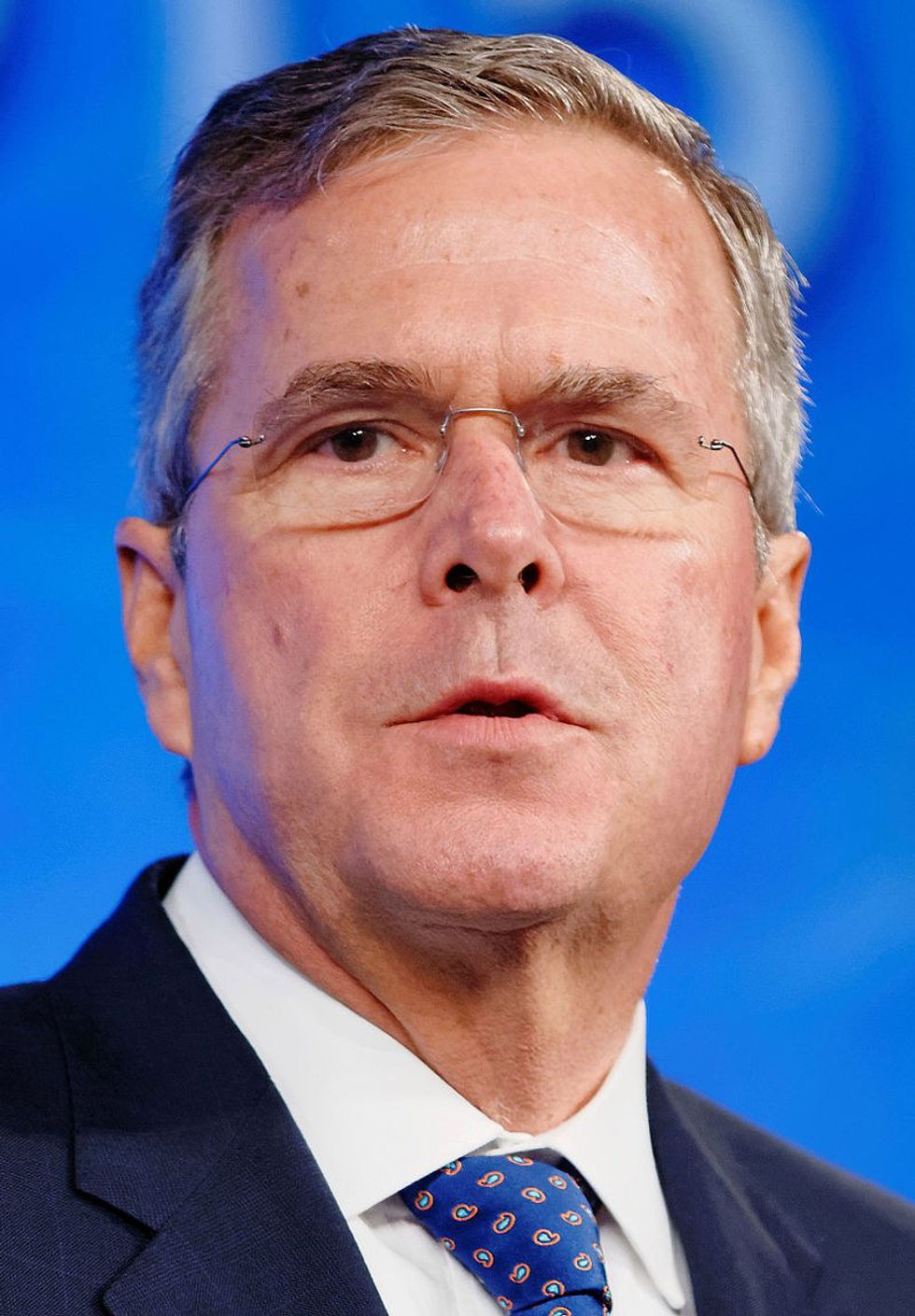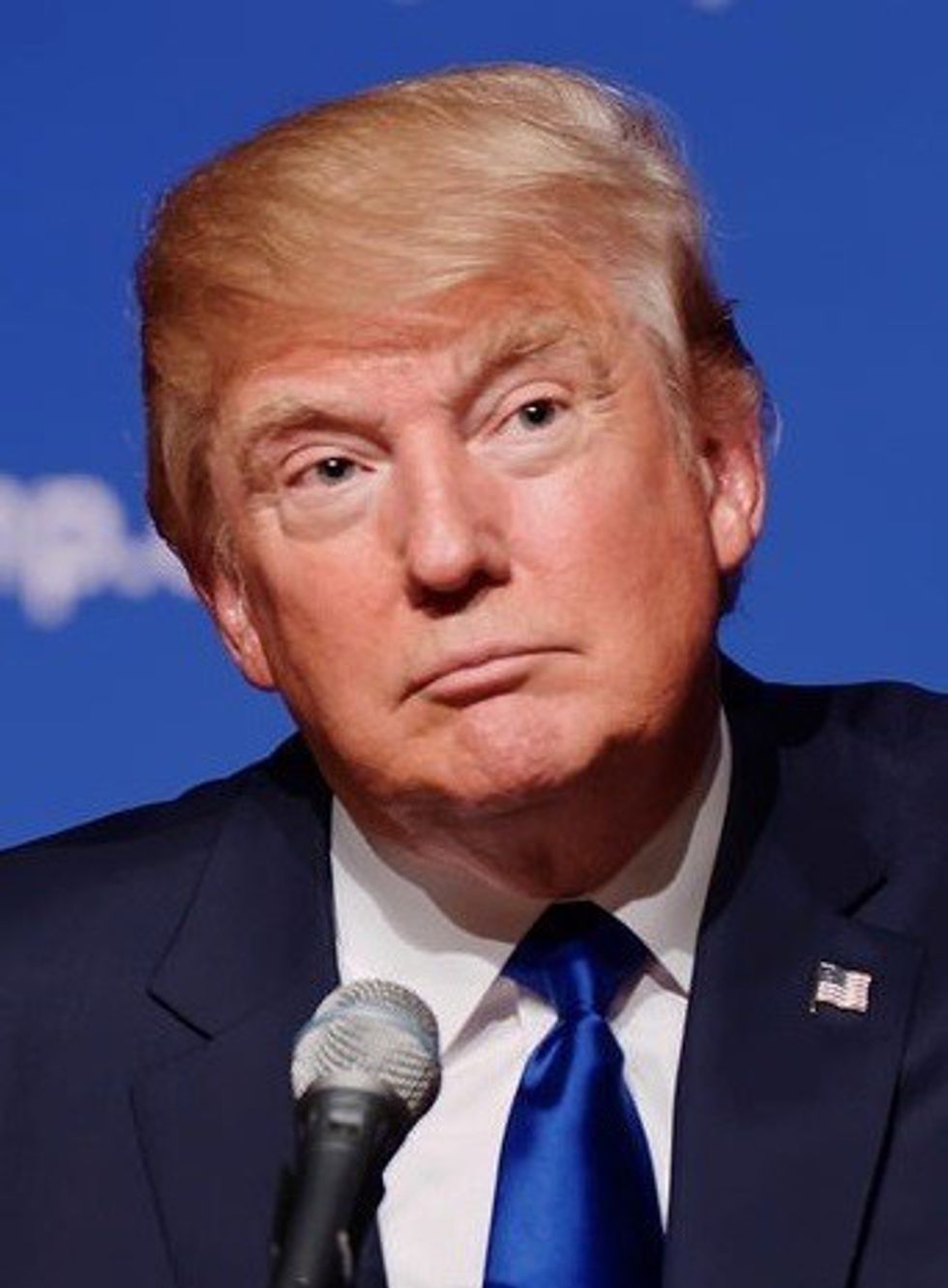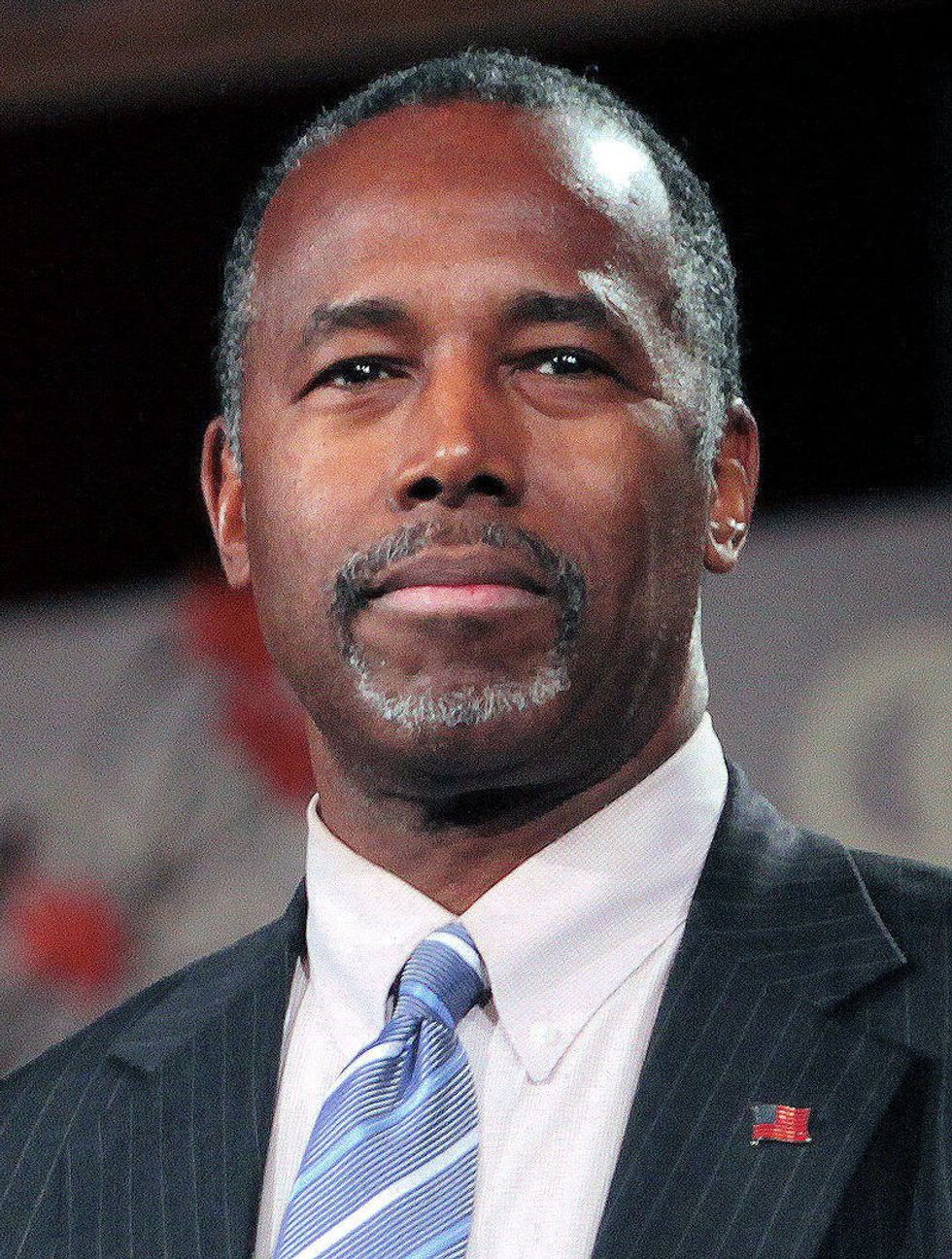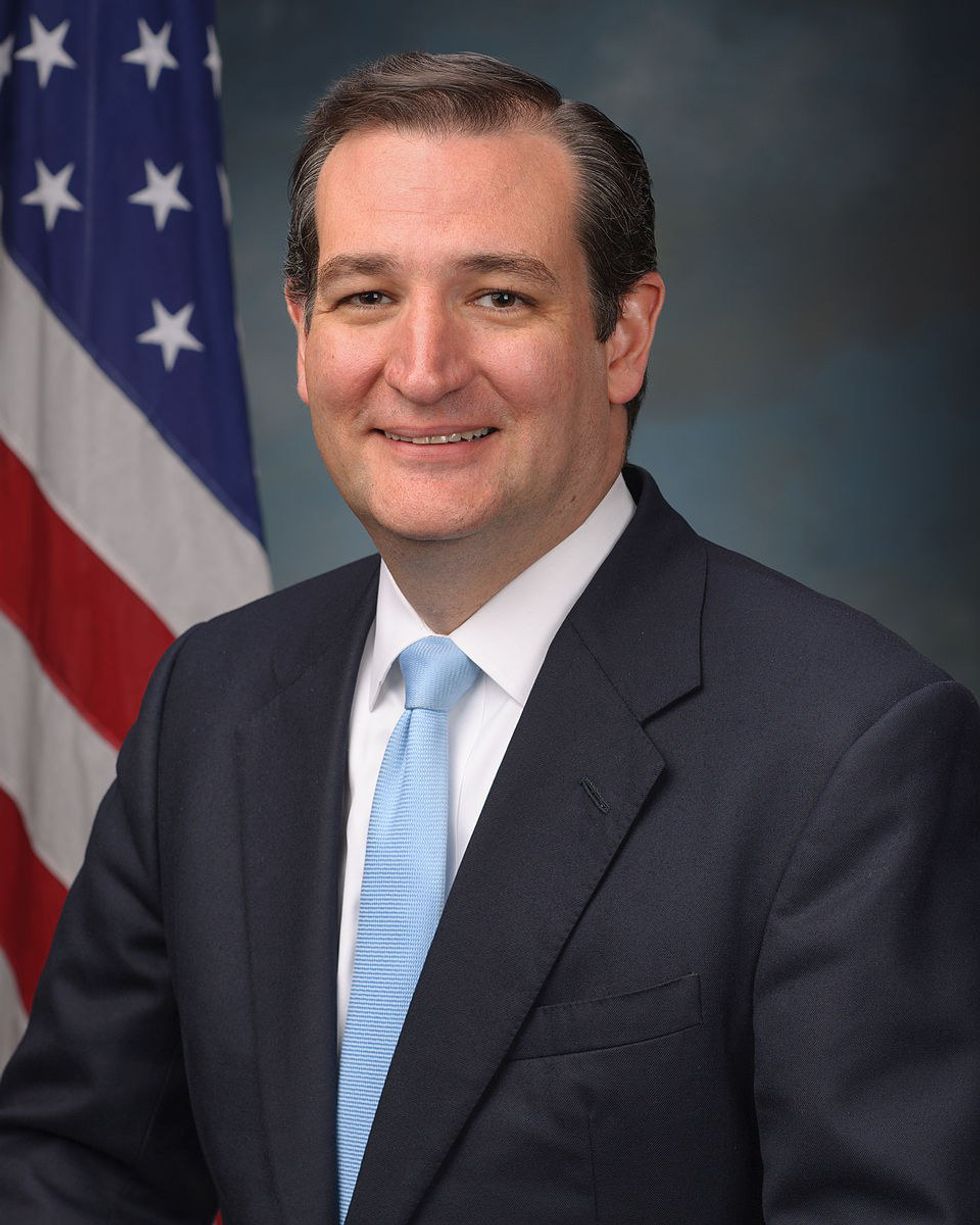While most of the country casts their primary votes on “Super Tuesday” in March, three primaries stand out for happening earlier in the year. Because they precede other states, these primaries and caucuses are known to be predictions for the numerous contending candidates. This determines who receives the policy nomination.
Last week, a self-proclaimed democratic socialist and a widely-perceived xenophobic/racist/sexist businessman both won in New Hampshire, in the first primary of the year.
How does something like this happen? Since the early 1900s, socialism has been seen nationally as the opposite of democracy: evil, unfair and restricting. Bernie Sanders has, however, consistently surged in the polls, now a legitimately competitive force against another Clinton administration. Donald Trump, prominent businessman and even more famous reality TV show host, has led the polls with less than correct, pointed comments. Regardless how you feel about either candidate, their recent wins in New Hampshire show that 1. America is experiencing a pivotal change and more importantly, 2. we have the incredible opportunity to decide this change.
Bernie Sanders and Donald Trump aren’t the only two running for the presidency. Hillary Clinton, former First Lady, New York Senator and Secretary of State rounds out the Democratic ballot. The Republican ballot remains crowded, even with a number of candidates dropping from the race.
So, for whom should you vote? Everyone has his or her own personal desires for who should be the next president of the United States. Some want a president specifically concerned with social issues. Others want a president with strong views on foreign policy. While I can’t (and won’t) tell you who to vote for, hopefully I can give a quick and fair summary of each candidate.
Democrats:
Bernie Sanders
Pros: Doesn’t take contributions from Super PACs or corporations, one of the most consistent politicians in Washington D.C., bold ideas.
Cons: Identifies as a socialist (not inherently bad, but extremely unpopular idea in American politics), oldest candidate in the race, extremely divisive policy ideas.
Hillary Clinton
Pros: One of the most technically qualified presidential candidates (has served as First Lady, senator of second largest state, and Secretary of State), long advocatory history for women and children.
Cons: Regarded by some as untrustworthy, “career politician," was embroiled in the 2012 Benghazi attacks
Republicans:
Jeb Bush
Image Credit: Michael Vadon
Pros: Pioneered environmental conservation, other efficient policies as FL governor, one of the very few bilingual candidates.
Cons: Sometimes seen as just another “Bush," slipping in the polls since late 2015.
Marco Rubio
Image Credit: Gage Skidmore
Pros: Young, fresh face for the Republican Party, regarded as a great speaker, appeals to moderate and conservative voters.
Cons: No executive experience, previously pushed for “liberal” immigration reform.
Donald Trump
Image Credit: Michael Vadon
Pros: Unafraid to speak his mind, refreshingly relatable for many Americans, self-financing his own campaign.
Cons: Has made numerous comments interpreted as xenophobic, racist and sexist, no political experience, vague on proposed policy.
John Kasich
Pros: Regarded as the most moderate of Republican candidates, most political experience out of all of the candidates, sometimes regarded as most respectful candidate.
Cons: Not seen as interesting enough, “too much establishment," consistently trailing in the polls, struggles to identify with voters.
Ben Carson
Image Credit: Gage Skidmore
Pros: Extremely popular with social and fiscal conservatives, connects well with religiously-based voters, different professional background from other candidates (neurosurgeon).
Cons: Has never been a candidate for office, no political experience, slipping in the polls, sometimes noted as an uninspiring or “soft” speaker.
Ted Cruz
Pros: Appreciated for aggressive, unafraid comments against competitors, nationally popular with strong conservative base, graduated top of class at Harvard Law.
Cons: Controversial eligibility (was born in Canada), not popular with Establishment Republicans, controversial amnesty stance.
This is why you should care about politics: one of these people will run our country.
These next few months are incredibly important. No longer can we stand by, either not knowing, or caring enough to learn about the current presidential candidates.
Students, more than others, need to get informed. Stop accepting what your parents or the numerous politically-based news channels tell you. Do your own research, make your own conclusions and decide whom you want to support.
As we’ve seen with the housing market crash and following recession, older generations have been unsuccessfully guiding our country, a country we will have to inherit, in their direction. It’s time for students to begin investing in our country’s future, by caring about who will be our next leader.


